Hyper Interdisciplinary Conference in Masuda Forum 2018
- Conference Theme
- Medical-food-farm collaboration and compact city model brought about by technological innovation
- Day & Time
- Wednesday, August 8, 2018, 10:00am - 3:30pm
- Place
- Shimane Arts Center, GrantoisAccess
Although Masuda City in Shimane Prefecture is located a 10-minute drive from Hagi and Iwami Airport, it has been listed as one of the cities with the potential to disappear by the Council for the Creation of Japan. The city's population is declining and aging rapidly, and issues such as a lack of agricultural bearers and the devastation of neglected mountains and forests, which are characteristic of Masuda City, are becoming more apparent.
In order to solve these issues, we will create unique projects by cross-fertilizing local resources with an influx of knowledge from researchers that will serve as a foundation for the creation of new industries. This forum aims to create a team that will work together to promote the creation of an attractive community through the interconnection of medicine, food, and agriculture, with a focus on research linked to food and health.
<Implementation System
Organized by: Liverness Co.
Co-sponsored by Masuda Chamber of Commerce and Industry
Supported by: Shimane Prefecture, Takatsu River Basin City Exchange Council, Masuda City, Tsuwano Town, Yoshika Town
Cooperation: Masuda Chamber of Commerce and Industry Youth Club
<To whom it may concern
Agriculture, forestry, fisheries, bio-healthcare, robot technology, logistics-related researchers, venture companies, companies in and out of the prefecture, local producers, junior high and high school students, etc.
<Project Keywords.
Extending healthy life expectancy, health monitoring, grass-fed livestock, smart agriculture, robotics, food preservation, global expansion, etc.
Wednesday, August 8, 2018 10:00 - 15:30
| 1 venue | |
| 9:00 | |
| Opening Remarks | |
| 10:00 | <パネルディスカッション> Health Tech Mall as a base for visualizing health |
| 11:00 | <パネルディスカッション> Realization of livestock production using abandoned forest land |
| 12:00 | <パネルディスカッション> Local Agritech 2030 |
| 13:00 | Poster Presentation |
| 14:00 | <パネルディスカッション> Preservation and distribution technologies that enable global expansion |
| 15:00 | Awards Ceremony, Closing Ceremony, Photographs |
9:45-10:00
Opening Remarks
10:00-11:00
.
Health Tech Mall as a base for visualizing health

In conjunction with commercial facilities, create a place where citizens can gather for health care purposes, where they can monitor their daily health status and obtain food and exercise that will help them maintain their health.
<Panelists
Mr. Ryu Nakagi, President and Representative Director, Rhelixa Corporation
Director, Humanome Research Institute, Inc. / Artificial Intelligence Research Center, National Institute of Advanced Industrial Science and Technology (AIST), Japan
Dr. Hayao Ozaki, Assistant Professor, Department of Sports Science, School of Sports and Health Science, Juntendo University
<Organizer
Hiroyuki Takahashi, Director, Knowledge Foundation Research Center, Liverness, Inc.
11:00-12:00
<Session 2
Realization of livestock production using abandoned forest land
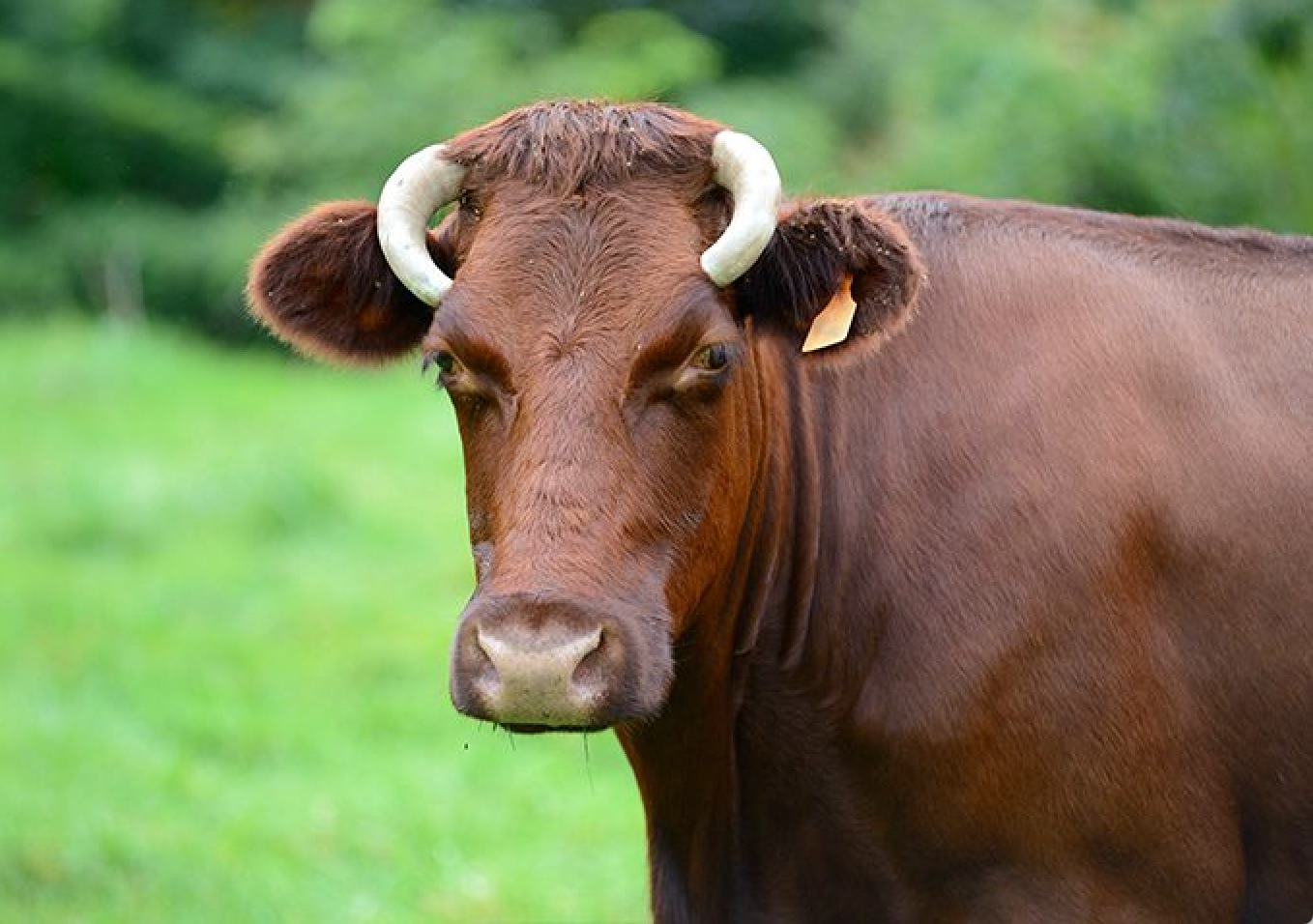
As a utilization of abandoned mountain forests, mountain cattle (shorthorn cattle) are grazed, aiming to create a model of mountain forest livestock farming that anyone can easily do. Using the metabolic imprinting technology of Professor Takafumi Goto, Faculty of Agriculture, Faculty of Agriculture, Faculty of Fisheries and Veterinary Medicine, Kagoshima University, the cattle will be fattened on mountain grass to produce high quality beef even in calf condition.
<Panelists
Professor Takafumi Goto, Department of Agricultural Meat Science, Faculty of Agriculture, Fisheries and Veterinary Medicine, Kagoshima University
Mr. Kazuhei Matsunaga, Representative Director, Matsunaga Farm Co.
Dr. Masato Yashirota, Professor, Faculty of Applied Biological Sciences, Gifu University
Mr. Sei Murakami, Representative Director, Niyama Chikusan Co.
<Organizer
Yukihiro Maru, CEO and Representative Director, Liverness, Inc.
12:00-13:00
<Luncheon Session 3
Local Agritech 2030
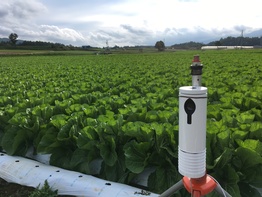
Aiming to revive local traditional crops and utilize idle farmland, smart agriculture will be developed by developing cultivation techniques and introducing farmland monitoring systems, robotics, etc.
<Panelists
Mr. Shojiro Kobashi, President and Representative Director, Kobashi Kogyo Co.
Mr. Kohei Mochida, Business Manager, Midori Cloud Division, Serac Corporation
Mr. Taizo Otsuka, CEO, Kakaxi, Inc.
<Organizer
Yosuke Miyauchi, Director, Agri-Garage Research Institute, Research and Development Division, Liverness, Inc.
13:00-14:00
Poster Presentation
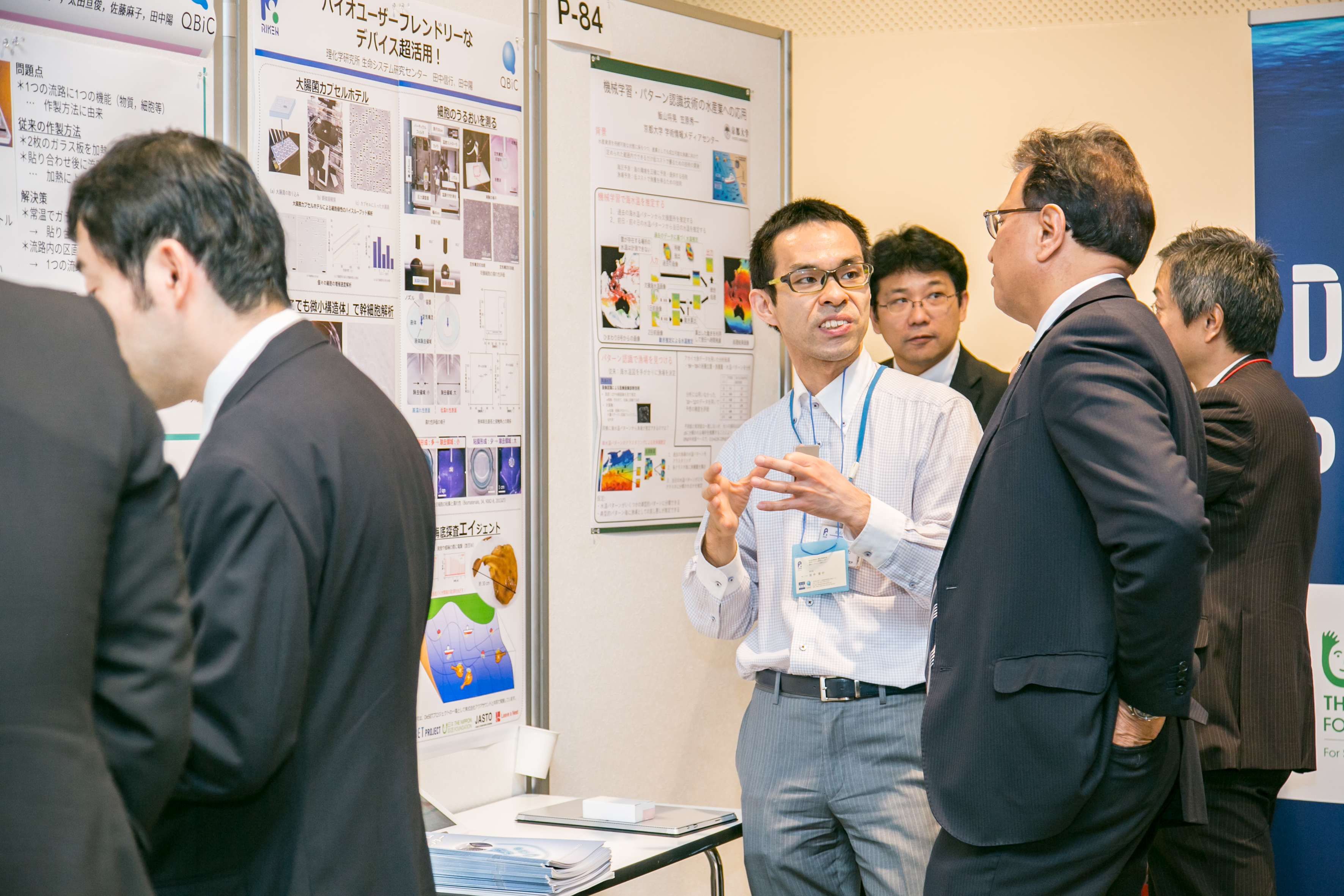
This is a poster session with participants from very different fields. Session speakers and other researchers, venture companies, and businesses will present their research results and the latest technologies. In addition, local farmers and businesses will exchange knowledge with each other by bringing in seeds that lie dormant in their communities and a sense of the challenges they face in the field. Participants will mix their knowledge with each other to generate clues for solving issues and seeds for new projects.
14:00-15:00
<Session 4
Preservation and distribution technologies that enable global expansion

Strawberries, one of Masuda City's specialty products, are difficult to distribute domestically when overgrown or misshapen, and are discarded. The company aims to expand overseas through linkage with non-contact maintenance packaging technology for edible parts that enables long-term preservation and the creation of a global value chain.
<Panelists
Mr. Koichi Ozaki, Director, I-EAT Co.
Mr. Kosuke Nakamizo, Planning Division, Carbon Corporation
Mr. Kazunari Maeda, President and Representative Director, Agri Holdings Corporation
<Organizer
Shofumi Kawana, Community Development Division, Liverness Inc.
15:00-15:30
Awards Ceremony, Closing Ceremony, Photographs



 Mr. Ryu Nakagi
Mr. Ryu Nakagi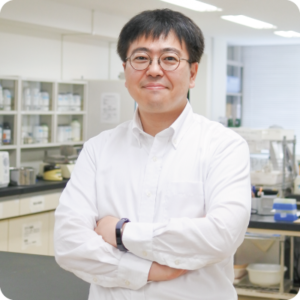 Mr. Jun Seze
Mr. Jun Seze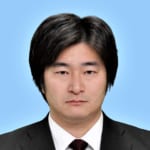 Mr. Hayao Ozaki
Mr. Hayao Ozaki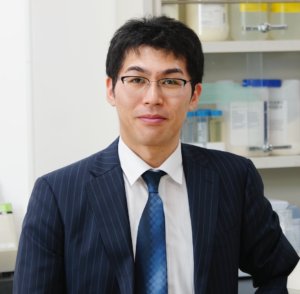 Hiroyuki Takahashi
Hiroyuki Takahashi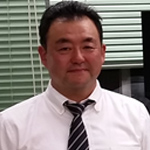 Mr. Takafumi Goto
Mr. Takafumi Goto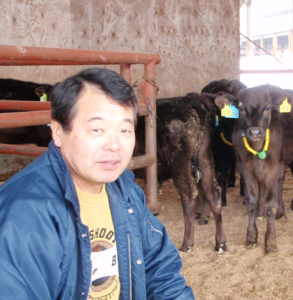 Mr. Wahei Matsunaga
Mr. Wahei Matsunaga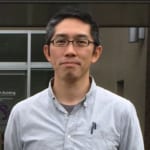 Mr. Masato Yashirota
Mr. Masato Yashirota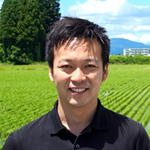 Mr. Sei Murakami
Mr. Sei Murakami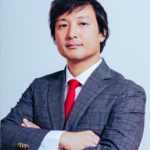 Yukihiro Maru
Yukihiro Maru Mr. Shojiro Kobashi
Mr. Shojiro Kobashi Mr. Kohei Mochida
Mr. Kohei Mochida Mr. Taizo Otsuka
Mr. Taizo Otsuka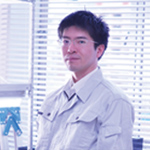 Yosuke Miyauchi
Yosuke Miyauchi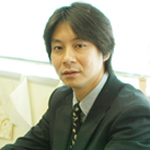 Mr. Koichi Ozaki
Mr. Koichi Ozaki Mr. Kazunari Maeda
Mr. Kazunari Maeda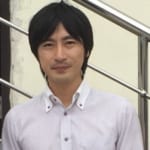
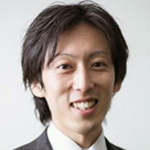 Shoshi Kawana
Shoshi Kawana